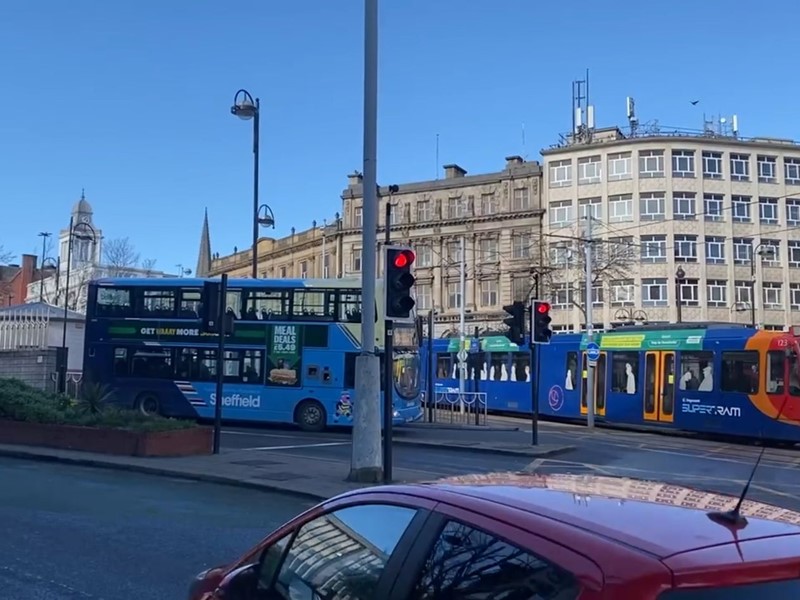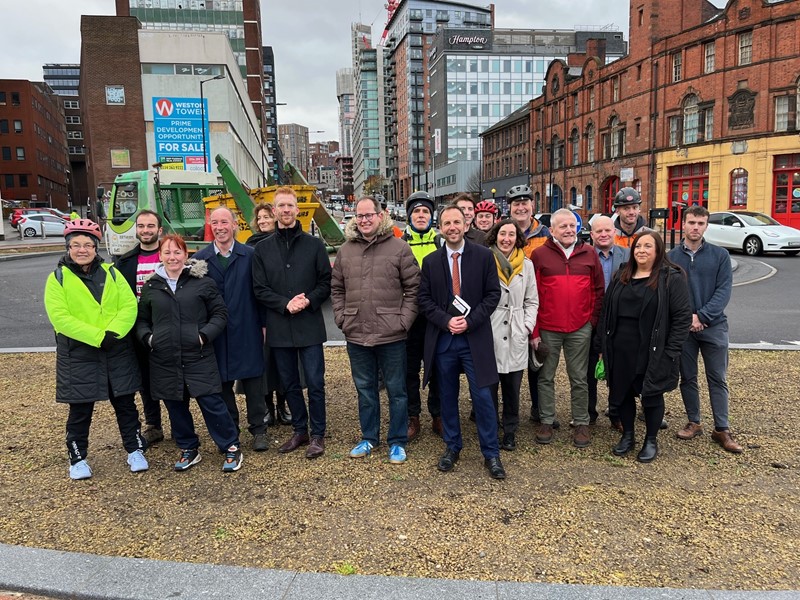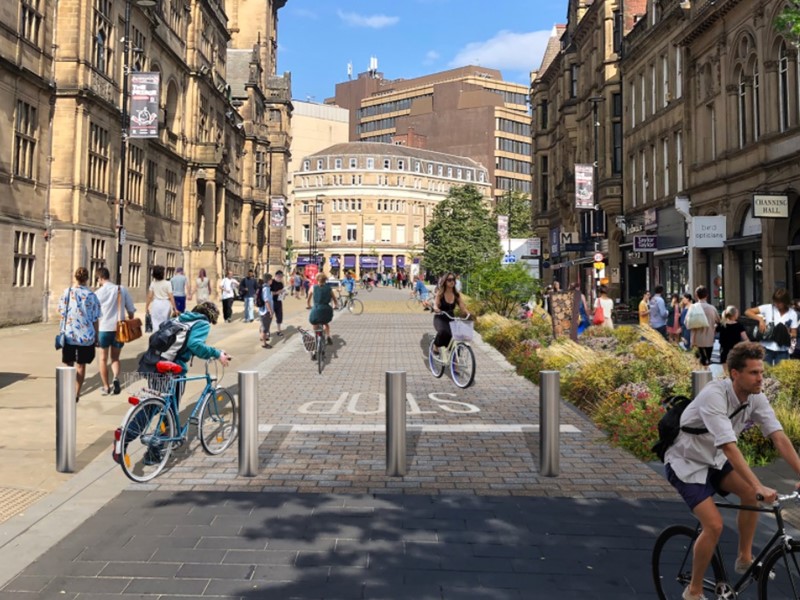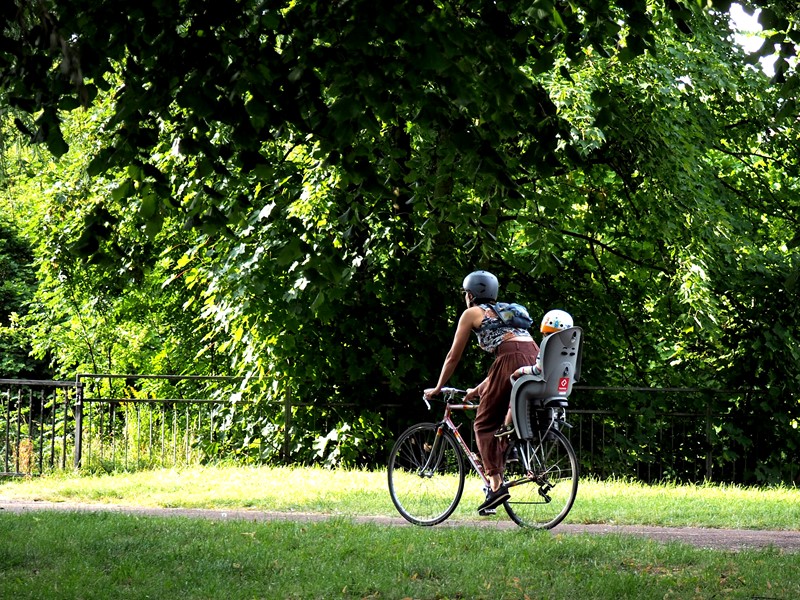Sheffield’s city centre is undergoing an exciting transformation. With improvements on Fargate nearing completion, the Heart of the City thriving and progress on the new city centre park at Castlegate, there are lots of reasons to celebrate Sheffield.
Ambitious plans proposed to cut deaths on Sheffield’s roads by 2030
Reducing the risk of someone being killed or seriously injured on Sheffield’s roads is at the heart of the Council’s new Road Safety Action Plan.
The Road Safety Action Plan will focus on continuing to reduce the numbers of people who are killed or seriously injured on Sheffield’s roads. Figures released by the Department for Transport show those involved in incidents in the city continue to fall, with the proposed measures aimed at reducing that number further over the next six years.
The Road Safety Action Plan was presented to the Transport, Regeneration and Climate Committee on Wednesday 13 March and included several recommendations of projects the Council will adopt to try and cut the number of people killed or seriously injured on the city’s roads in half by 2030.
The report proposes a number of changes and initiatives that can be brought in to attempt to achieve that goal, with some of the focus on the safety of our children going to and from school. Included in the plan is the expansion of the School Streets programme and part-time 20mph zones where roads are either closed or the speed limit reduced during the morning and afternoon school runs to give pupils and their parents a safe place to walk, cycle or wheel to and from the classroom.
Inconsiderate parking outside schools has also been identified as an issue that needs tackling, with the Council proposing to work alongside partners in parking enforcement and South Yorkshire Police to tackle the issue.
The safer systems approach acknowledges that human error is inevitable, and we need to design our roads and streets to account for this reality. This approach recognises that individuals will sometimes make mistakes and aims to create forgiving road environments that mitigate the consequences of these mistakes. This may involve designing roads with better visibility, implementing safer speeds, and creating infrastructure that protects all road users.
There would also be a change in the way sites in need of safety improvements are identified. A focussed approach to reviewing our streets is proposed with 59 sites in Sheffield at the top of the list and will be subject to a more detailed analysis to identify if any changes to the highway’s layout could help improve safety across the city.
Cllr Ben Miskell, Chair of the Transport, Regeneration and Climate Committee, said: “Safer roads are a human right, and we want Sheffield to be a place where everyone is free to move in a safe and healthy way, every day. Our Road Safety Action Plan sets out how we will do this.
Statistics for the number of people killed or seriously injured on Sheffield’s roads shows that road safety in Sheffield needs to improve. We mustn’t forget that behind each statistic is a family or loved one, torn apart by pain and grief. These numbers are about people, people who have set off on a journey and, in some cases, never come home.
“We, as a community, have the power to change this and as a council we must show leadership and that is why we are adopting Vision Zero, which is a strategy to eliminate all traffic fatalities and severe injuries, while increasing safe, healthy, equitable mobility for all.
“To achieve our vision in Sheffield, we will continue to work with our partners and develop and invest in our education, engineering, and enforcement programmes to ensure we are making our city as safe as possible.”



